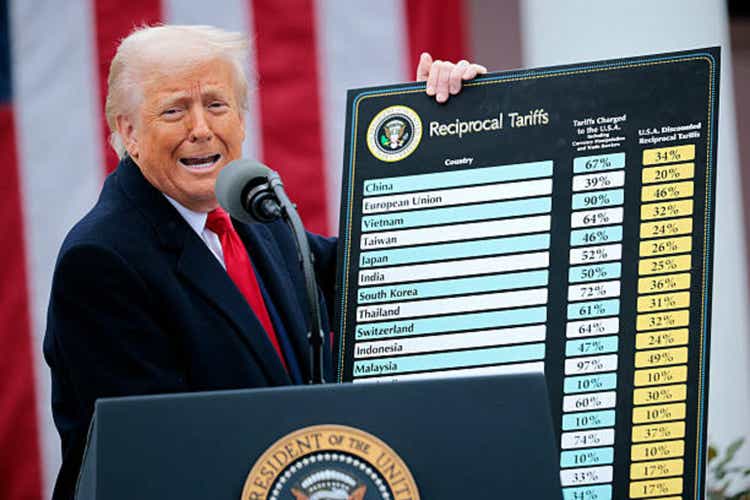PROTECT YOUR DNA WITH QUANTUM TECHNOLOGY
Orgo-Life the new way to the future Advertising by AdpathwayIndia’s securities market regulator, the Securities and Exchange Board of India (SEBI), has barred the US-based trading firm Jane Street Group from accessing Indian markets, delivering a major blow to the global proprietary trading giant.
SEBI has also ordered the seizure of 48.4 billion rupees (around $570 million), citing these funds as unlawful gains made by Jane Street through alleged manipulation in equity derivatives trading. Jane Street, which generated more than $2.3 billion in net revenue from equity derivatives in India last year, now faces stringent restrictions that prevent it from buying, selling, or dealing in securities directly or indirectly within the country.
SEBI’s decisive action follows an investigation triggered by market participant complaints alleging expiry-day manipulation by Jane Street, aimed at moving key index derivatives such as Bank Nifty for profit. Banks have been instructed to freeze all transactions involving Jane Street’s accounts without SEBI’s explicit approval. This regulatory clampdown on Jane Street underscores India’s increasing vigilance over foreign trading firms, particularly US-based high-frequency trading and market-making entities, which have significantly expanded their presence in India’s massive derivatives market.
India’s derivatives market is the largest globally by contracts traded, attracting major US trading firms like Citadel Securities and Optiver alongside Jane Street. The crackdown on Jane Street signals SEBI’s intent to tighten regulations on algorithmic and proprietary trading practices by foreign entities, focusing on market integrity and preventing manipulative strategies. Industry experts believe this move will lead to stricter expiry day trading rules and enhanced risk controls on intraday exposure, especially for US firms operating in India.
While Jane Street’s headquarters in the US is reportedly cooperating with SEBI and reaffirming its commitment to global regulatory compliance, the investigation highlights the complexities of cross-border enforcement. The ongoing probe and regulatory measures could reshape the operating landscape for US trading firms in India and set a precedent for future market oversight.
This action comes at a time when India is striving to balance attracting global trading participation with protecting domestic investors and ensuring fair market practices.


 1 week ago
8
1 week ago
8










 English (US) ·
English (US) ·  French (CA) ·
French (CA) ·  French (FR) ·
French (FR) ·